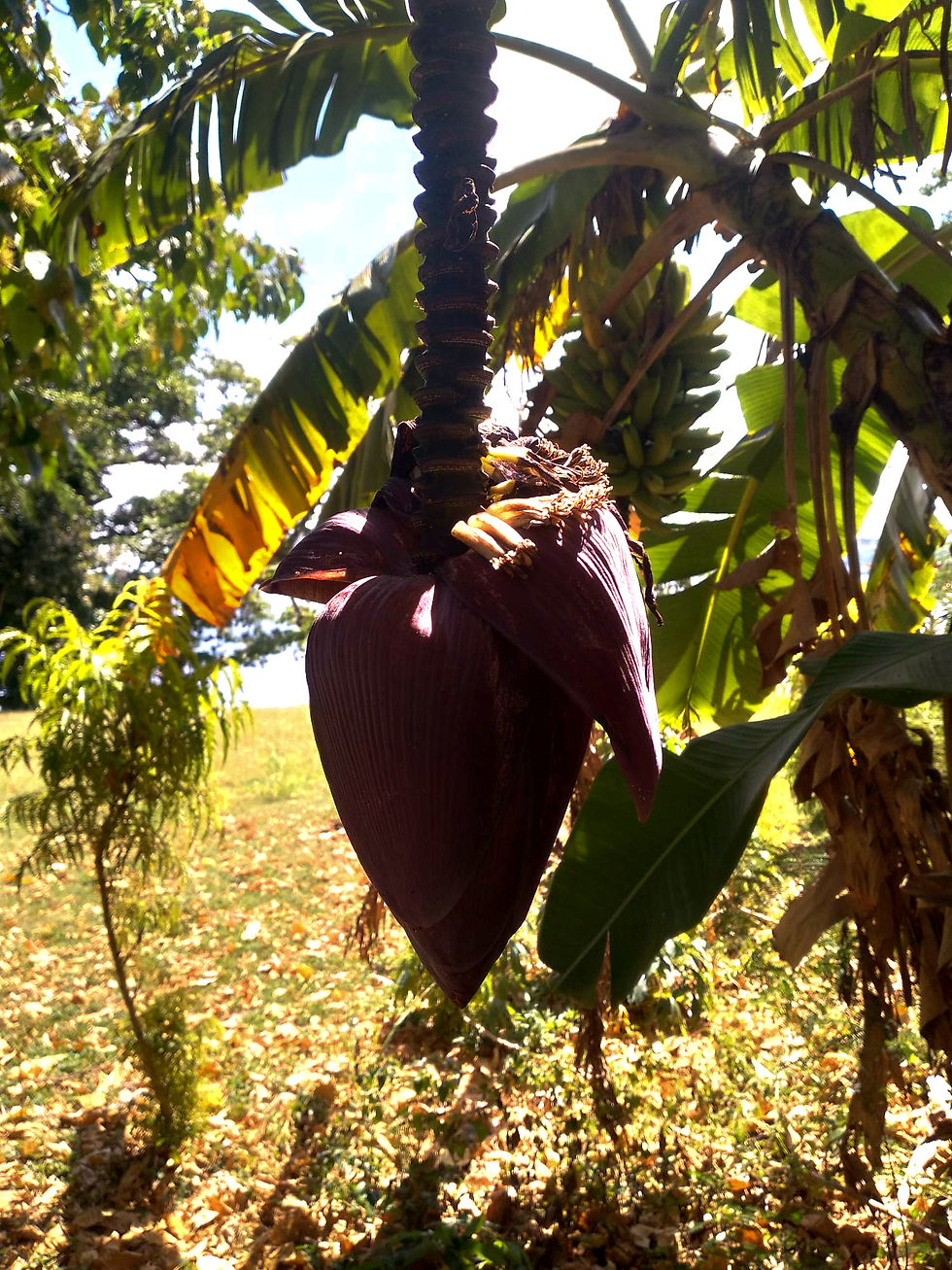
Plants to Promote Reproduction in KNF Part 5
REPRODUCTIVE FORMULA PLANT PATTERNS
The Natural Farming Best Practice for choosing plant inputs over the reproductive stages of a plants life, from flower bud to fruit, is a little complicated so let’s break it down. First we look at what the Cross-over stage is, and in the next section we look at methods to get the most out of this phase of life when growing food.
Plants produce flowers which leads to fruits which leads to seeds, and this is generally how plants reproduce (although some plants skip the fruit bit and go straight to seed, while others don’t make seeds and reproduce in other ways).
Seeds are baby dormant plants and contain high levels of stored energy. Sometimes the “seed material” for reproduction is a root structure. These structures also contain high levels of stored plant energy.
The problem for the Natural Farmer is the reproductive process is highly regulated by hormones and other biochemistry, things we cannot see. Timing is important because the progression of flower bud to flower to fruit to seed has feedback loops to keep the process moving forward.
Reproduction has a high cost and neither you nor the plant want to waste energy doing some task that has already been done. And if you skip a stage, then reproduction will not happen, meaning no new generation for the plant, no crop for you. We can, however, learn to spot the external clues to the reproductive stages of plants.
The Nutritive Cycle we use to navigate through the life stages of plants is easy to understand by keeping in mind one concept: use a plant juice from a stage that the plant is moving into, not the stage it is currently in (unless you want to maintain this stage), not any previous stage, not any stage that it will be at eventually. Give a plant what you want it to do right now.
Give fermented juice from the very next stage of life.
In other words, no matter the life stage of the plant, use the fermented input made from a plant in the next life stage as the active ingredient in your weekly misting formula. That means if we want vegetative growth, we use tender tips of fast-growing plants, as discussed in the previous section.
Let’s look specifically at an example for when we want flower buds to form. Following the Nutritive Cycle patterns, we should give the plant an input formula based on a fermented plant juice made from a flower bud.
However, Master Cho teaches an alternate, perhaps better method to get flowers to bloom for pollination, using green fruit, and this will be covered in the next section.
In our example we start giving flower bud formula to the plant before we actually see flower buds.
If you watch plants you will learn what this stage looks like. There is often a thickening of the stem that will bear the flower/fruit. In tomatoes the flower panicles show up with the fifth set of leaves. Therefore, we begin the flower-set formula on the fourth set of tomato leaves, not waiting until the 5th set of leaves when the flower buds are becoming visible.
The reproductive phase, when reproductive structures are developed, is referred to as the Cross-over phase in Korean Natural Farming. The next section explores how to manage the reproductive stages of plants in more detail.
By giving the biochemistry to a plant when it is developing reproductive structures, using the Nutritive Cycle, we enable to the plant to develop fully, to express its biological capabilities completely, often referred to as reaching genetic potential.
Korean Natural Farming works with the power of Nature to create an ecosystem that produces high yields of incredibly healthy food, where plants are able to reach their genetic potential, giving us high quality nutritious food in generous yields. The combination of the Soil Foundation and the Nutritive Cycle is how we reach this state.
Plants to Promote Reproduction in KNF Part 5
This series is continued in Part 6

Absolutely the best information available on KNF!